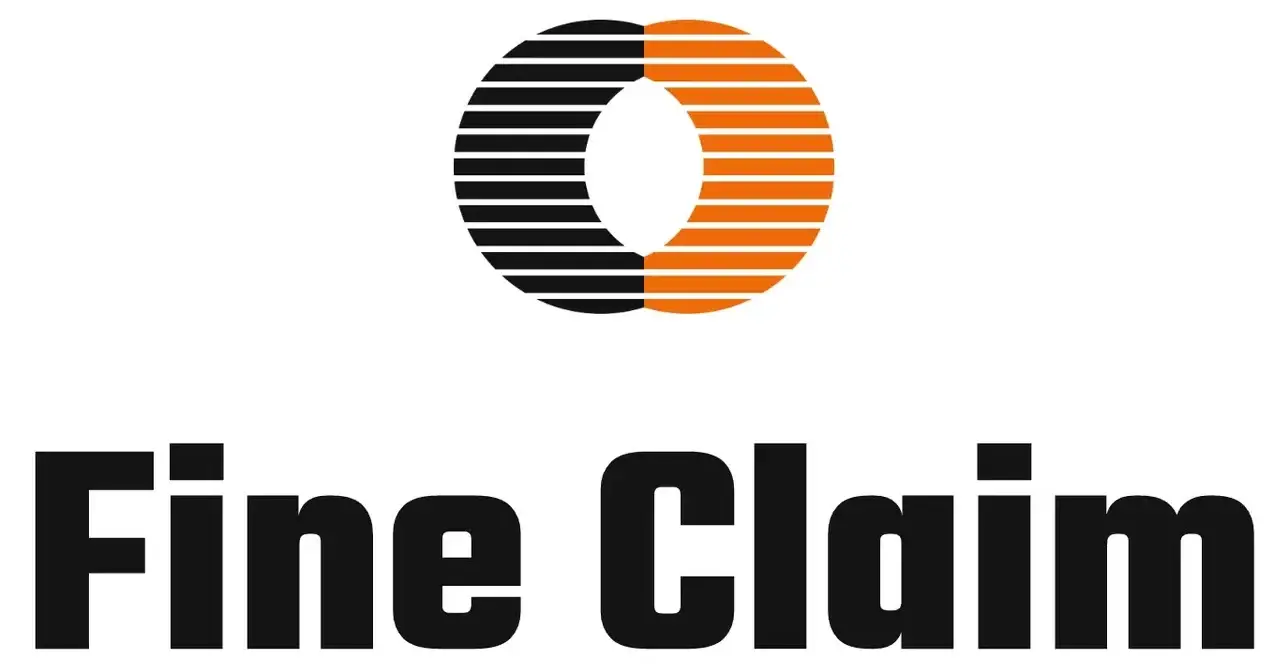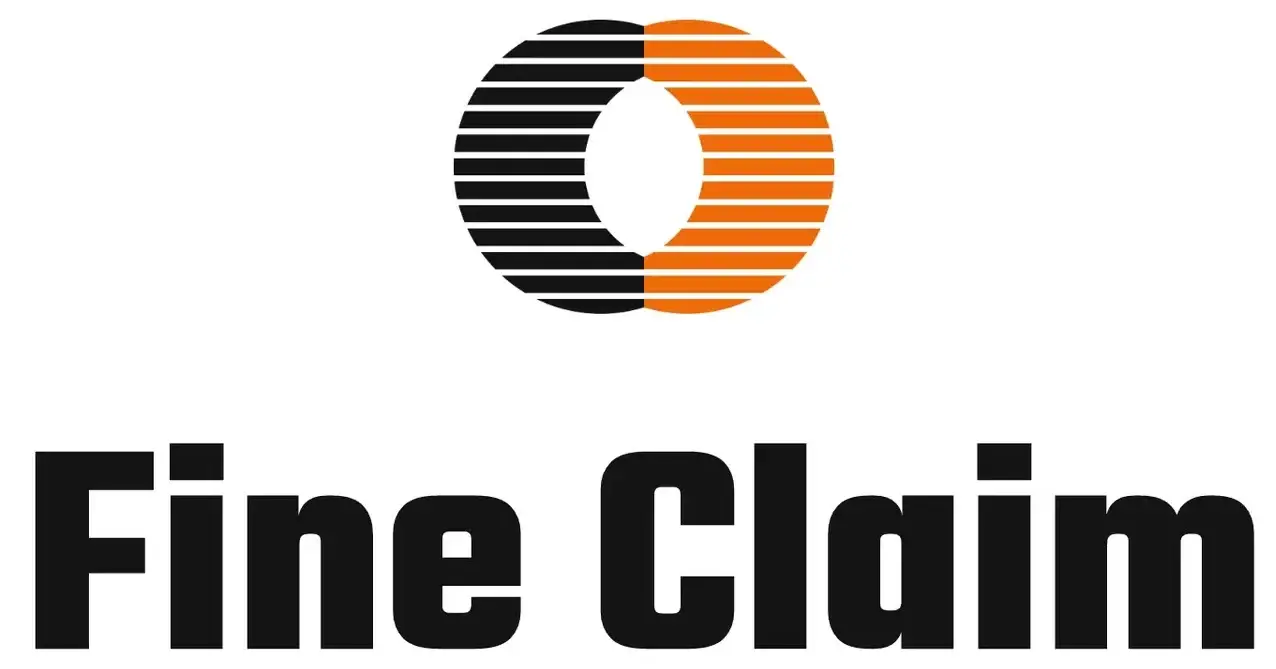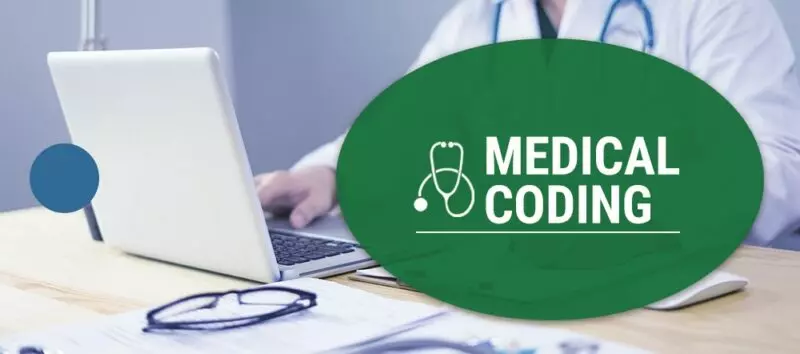Medical Coding Services: Ensuring Accuracy in Healthcare Billing

Strong 8k brings an ultra-HD IPTV experience to your living room and your pocket.
Medical Coding Services are an essential component of the healthcare industry, playing a critical role in transforming medical diagnoses, procedures, and services into standardized codes. These codes are vital for accurate billing, insurance claims, and healthcare data management.
Importance of Medical Coding Services
Medical coding services ensure that healthcare providers receive proper reimbursement for their services by translating medical records into standardized codes. These codes are essential for medical billing, insurance claims, and maintaining patient records. Without accurate coding, healthcare providers risk revenue loss and claim denials, potentially impacting patient care and operational efficiency.
Medical coding services also contribute to public health data collection, medical research, and healthcare policy development. By classifying health conditions and treatments, coding helps healthcare organizations track disease patterns, treatment outcomes, and healthcare costs, supporting better decision-making.
Key Benefits of Medical Coding Services
Accuracy in Billing: Proper coding ensures precise claims submissions, minimizing errors and reducing claim denials. Accurate codes help insurers understand the services provided, ensuring appropriate reimbursement for healthcare providers.
Regulatory Compliance: Professional medical coders are trained to adhere to ICD-10, CPT, and HCPCS standards, ensuring compliance with healthcare regulations. This reduces the risk of audits, penalties, and legal issues.
Improved Revenue Cycle Management: Accurate coding accelerates the billing process, leading to faster reimbursements and reduced revenue losses. Medical coders play a vital role in minimizing claim rejections by identifying potential issues before submission.
Enhanced Data Management: Medical codes streamline record-keeping and facilitate efficient patient data tracking. This data is essential for research, health assessments, and improving treatment outcomes.
Error Reduction: Professional coding services minimize coding errors that can lead to payment delays or legal issues. Accurate documentation and code assignment improve overall healthcare efficiency.
Common Medical Coding Systems
Medical coding relies on three primary coding systems:
ICD-10 (International Classification of Diseases): Used globally to classify diseases, conditions, and symptoms. It plays a crucial role in health statistics, insurance claims, and research.
CPT (Current Procedural Terminology): Covers medical procedures and services performed by healthcare providers. It ensures uniform documentation of treatments, enabling smooth claim processing.
HCPCS (Healthcare Common Procedure Coding System): Used for billing medical equipment, outpatient services, and non-physician procedures. This system is widely used in the United States for Medicare and Medicaid claims.
Services Offered by Medical Coding Companies
Medical coding service providers offer a wide range of solutions to meet healthcare providers' specific needs. Key services include:
Outpatient Coding: Ensures accurate coding for outpatient treatments, diagnostic procedures, and physician services.
Inpatient Coding: Specializes in hospital-based medical coding for admitted patients, ensuring comprehensive documentation of treatments and care.
Specialty Coding: Focuses on specific medical specialties such as cardiology, dermatology, or oncology, ensuring accurate coding for complex procedures.
Audit and Compliance Services: Medical coding providers often offer auditing services to ensure codes align with healthcare regulations, reducing legal risks and improving compliance.
Denial Management: Coding services often include tracking and correcting claim denials to recover lost revenue.
Choosing the Right Medical Coding Service Provider
When selecting a medical coding service provider, consider the following factors:
Certification and Training: Ensure the company employs certified coders with expertise in ICD-10, CPT, and HCPCS coding systems. Certified coders are better equipped to handle complex medical documentation.
Experience in Healthcare Domains: Select a provider with expertise in your medical specialty for accurate coding that aligns with your practice’s requirements.
Quality Assurance: Opt for companies with stringent quality checks to ensure error-free coding. Reliable firms conduct regular audits to maintain accuracy.
Compliance Standards: Choose providers that strictly follow HIPAA regulations for data security. Ensuring privacy and confidentiality is crucial when managing sensitive patient records.
Technology Integration: Consider coding service providers that utilize advanced medical coding software and automation tools for increased efficiency and accuracy.
Conclusion
Medical coding services are crucial in ensuring precise billing, streamlined record-keeping, and improved revenue cycle management. By partnering with a reliable medical coding service provider, healthcare institutions can enhance efficiency, maintain compliance, and ensure financial stability. Accurate coding is not only essential for claims processing but also plays a key role in improving h
Note: IndiBlogHub features both user-submitted and editorial content. We do not verify third-party contributions. Read our Disclaimer and Privacy Policyfor details.







